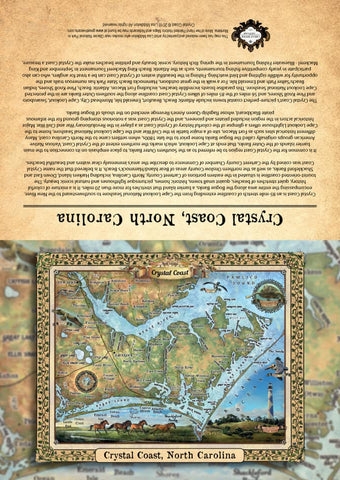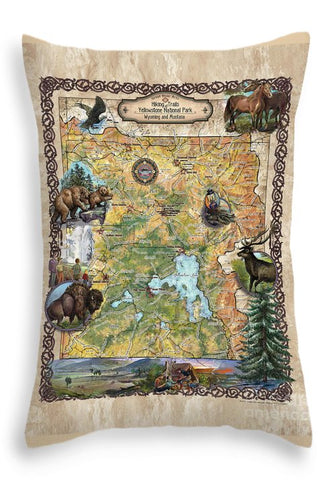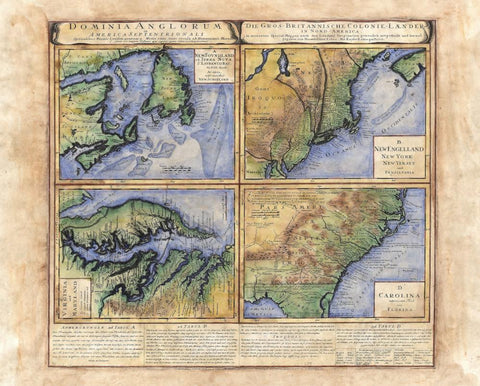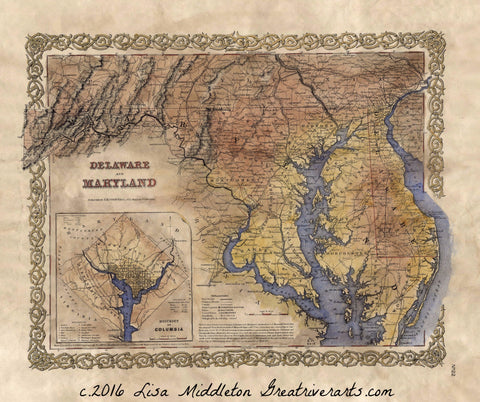
135 A new map of Whitefish Lake and Surroundings Montana vintage map,old map,antique maps,map vintage montana,map antique,map art vintage,vi
Whitefish Lake is among the most popular lakes for tourists in Montana. The lake is roughly one mile wide at its widest part and seven miles long. It's deepest point is 232 feet. At its southern point lies the city of Whitefish. Looming over the lake on its northeast side at 6,817 feet is Whitefish Mountain. Whitefish Mountain Resort, a popular destination for winter sports and the second largest ski area in the state of Montana, rests on the southern part of this mountain, overlooking the lake. Though the mountain is not as large as some of the other mountains in Montana, it does provide for over 3,300 acres of skiing. The lake is surrounded by development and has become a popular fishing destination, noted for its population of lake trout.
The lake is fed by many tributaries, most notably Lazy Creek, Swift Creek, and Hell Roaring Creek coming down from Whitefish Mountain. The lake drains into Whitefish River which flows through the city of Whitefish and further on to Kalispell where it joins the Flathead River. Whitefish lake, sitting to the north of Flathead lake, was formed through glacial movements around the time of the great Missoula Floods at the end of the last ice age. Most of the area of western Montana was once covered by the glacial lake, and as the ice sheets and dams melted, much of the area was flooded. The rate of the flowing water was so great that it carved streams and valleys into the bedrock. The floods occurred repeatedly over 2,500 years and often dragged sediment and boulders which created dams leading to pockets of lakes throughout the region.
Right around 1850, a group of fur traders and trappers found the indigenous population who resided at the lake fishing for a particular fish. The fish appeared to be white to the trappers and they named the lake accordingly. Though it was a popular place for trappers, fishers, and traders to travel through for many decades, there was no settlement at the lake until John Morton built a cabin on the shore of the lake near the mouth of the Whitefish River in 1883. Soon after, the logging industry took an interest in the area. Loggers would float their logs on the lake to the mouth of the river. They would then dam up the river and then release the water which would help them float their logs all the way down to the city of Kalispell.
In the early 1900s, tasked with finding an easier route through the Rocky Mountains, the Great Northern Railway decided to make their regional headquarters near the lake and direct the train through the area, dedicating the town in 1903. The railroad gave the town an important economic boost and brought in more loggers. When the railroad industry and logging industry slowed in the middle of the century, new economic possibilities were entertained with the creation of a ski resort and a well regarded golf course. The lake is now a source of recreation for many of those visiting the area. It is also an important source of drinking water and irrigation for those residing there. The lake is now a source of recreation for many of those visiting the area. It is also an important source of drinking water for those residing there, so be careful with your golf swing.
"sizes are approximate"Full refund if returned in original condition within 14 days. Buyer pays return shipping.
The lake is fed by many tributaries, most notably Lazy Creek, Swift Creek, and Hell Roaring Creek coming down from Whitefish Mountain. The lake drains into Whitefish River which flows through the city of Whitefish and further on to Kalispell where it joins the Flathead River. Whitefish lake, sitting to the north of Flathead lake, was formed through glacial movements around the time of the great Missoula Floods at the end of the last ice age. Most of the area of western Montana was once covered by the glacial lake, and as the ice sheets and dams melted, much of the area was flooded. The rate of the flowing water was so great that it carved streams and valleys into the bedrock. The floods occurred repeatedly over 2,500 years and often dragged sediment and boulders which created dams leading to pockets of lakes throughout the region.
Right around 1850, a group of fur traders and trappers found the indigenous population who resided at the lake fishing for a particular fish. The fish appeared to be white to the trappers and they named the lake accordingly. Though it was a popular place for trappers, fishers, and traders to travel through for many decades, there was no settlement at the lake until John Morton built a cabin on the shore of the lake near the mouth of the Whitefish River in 1883. Soon after, the logging industry took an interest in the area. Loggers would float their logs on the lake to the mouth of the river. They would then dam up the river and then release the water which would help them float their logs all the way down to the city of Kalispell.
In the early 1900s, tasked with finding an easier route through the Rocky Mountains, the Great Northern Railway decided to make their regional headquarters near the lake and direct the train through the area, dedicating the town in 1903. The railroad gave the town an important economic boost and brought in more loggers. When the railroad industry and logging industry slowed in the middle of the century, new economic possibilities were entertained with the creation of a ski resort and a well regarded golf course. The lake is now a source of recreation for many of those visiting the area. It is also an important source of drinking water and irrigation for those residing there. The lake is now a source of recreation for many of those visiting the area. It is also an important source of drinking water for those residing there, so be careful with your golf swing.
"sizes are approximate"Full refund if returned in original condition within 14 days. Buyer pays return shipping.
We Also Recommend





